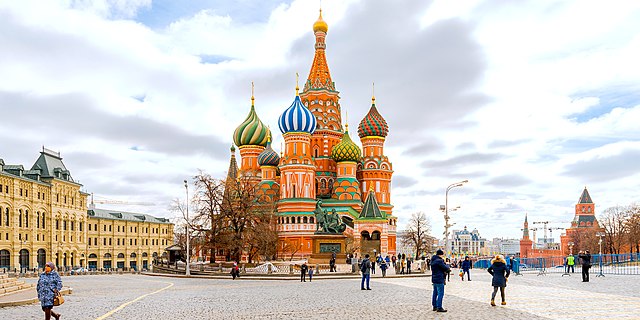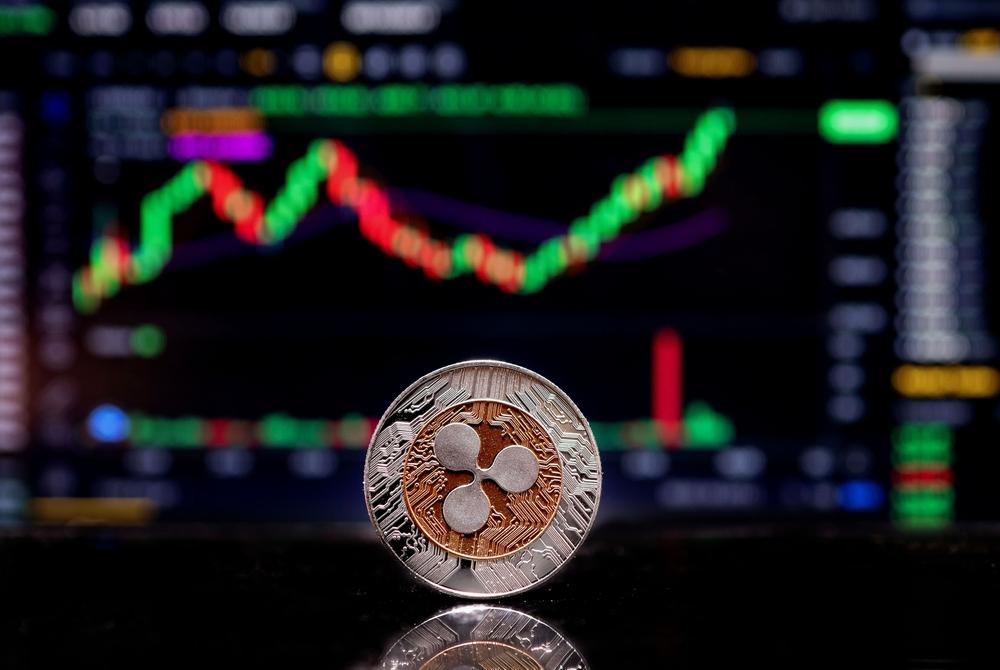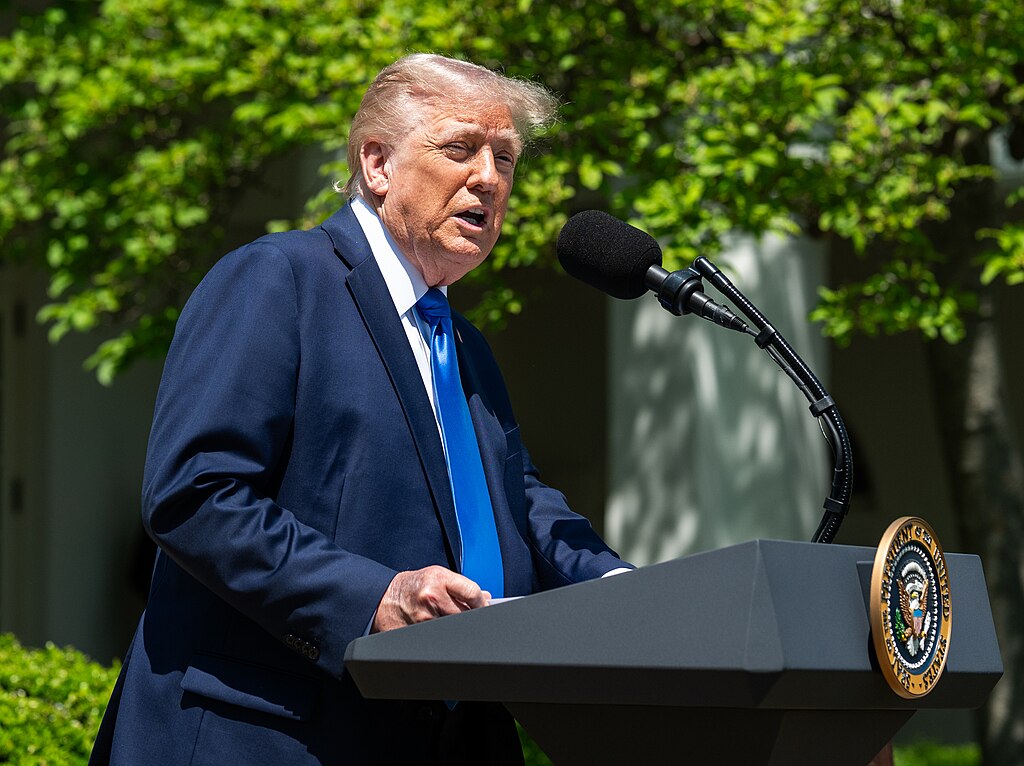Russian President Vladimir Putin has signed into a law a bill that bans the use of digital assets, including cryptos such as Bitcoin (BTC), Ethereum (ETH) and non-fungible tokens (NFTs), as payment for goods and services in the country. This means that while Russian crypto investors can still buy and sell BTC, ETH and other tokens, no establishment will accept them as payment.
On Friday, President Putin signed a law that prohibits the use “digital financial assets as a consideration for transferred goods, performed works, rendered services, as well as in any other way that allows one to assume payment for goods (works, services) by a digital financial asset, except as otherwise provided by federal laws,” according to Protocol.
This means that non-fungible tokens (NFTs) and cryptocurrencies such as Bitcoin (BTC) and Ether (ETH) are effectively banned from being used as a payment method within the Russian Federation. The ban likewise applies to utilitarian digital rights (UDRs), according to Bitcoin.com.
The bill was submitted to the State Duma, the Russian parliament’s lower house on June 7 by Anatoly Aksakov, the Chairmand of Financial Market Committee. The legislation also requires crypto exchanges and crypto services providers to refuse transactions in which crypto could be construed as a form of payment.
Until now, the use of digital assets for payments was not explicitly prohibited by law. The new legislation will take into effect ten days after its publication.
Various government agencies have been at odds when it comes to cryptocurrencies. While some prefer to regulate digital currencies, there are those that want to impose an outright ban on crypto.
For instance, the Central Bank of Russia called for a crypto ban in January this year. However, the Ministry of Finance is opposed to an outright ban and stated that “regulation is sufficient to protect our citizens.”


























Comment 0